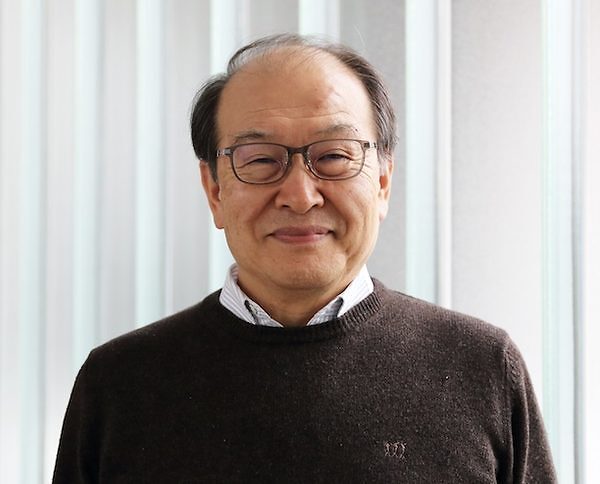【ZOOM SEMINAR】Regulation of T cell activation and function by Innate signaling

Date
Location
Description
Dear All,
Cell Signal Unit (Yamamoto Unit) would like to inform you of a seminar by Dr. Takashi Saito from RIKEN.
**You can also join this seminar via ZOOM " https://oist.zoom.us/j/582184976 ".
-----------------------------------------------------------
Date: Wednesday, March 25, 2020
Time: 13:00-14:00
Venue: C016, Level C, Lab 1
-----------------------------------------------------------
Speaker:
Dr. Takashi Saito, Laboratory for Cell Signaling, RIKEN
Title:
Regulation of T cell activation and function by Innate signaling
Abstract:
T cell activation upon antigen recognition through TCR is positively and negatively regulated by co-stimulation signals, cytokine signals and innate signals. T cell stimulation by some TLRs induces T cell activation to induce cytokine production and cell proliferation. Particularly TLR2 stimulation induces Th1 and Th17 differentiation, whereas nucleic acids stimulation induces Th2 development.
STING is a cytosolic DNA sensor, and induces type I interferon (IFN-I) responses in innate immune responses to mediate the host defense against pathogens. Although T cells highly express STING, its physiological role remained unknown. We showed that STING ligand such as cGAMP strongly inhibits T cell growth by blocking the expression of cell cycle related genes and by inhibiting mTORC1 functions through IRF3 and IRF7. Although cGAMP alone failed to induce IFN-I production, co-stimulation of T cells through TCR and STING induced sustained activation of IRF3, leading to IFN-I production. IFN-I production also depends on TCR-induced mTORC1 activation. Effector T cells produce much higher IFN-I levels than innate cells such as dendritic cells in response to cGAMP, suggesting the role in protective immune responses to infection and tumor. Indeed, we demonstrated that STING stimulation in T cells is effective in inducing anti-tumor responses in vivo. Our studies demonstrate that activation of STING and TCR are mutually regulated through mTORC1 to modulate T cell functions.
Host:
Prof. Tadashi Yamamoto
We hope to see many of you at the seminar.
Best regards,
Yuki Nakagawa
Research Unit Administrator
Cell Signal Unit
Subscribe to the OIST Calendar: Right-click to download, then open in your calendar application.



